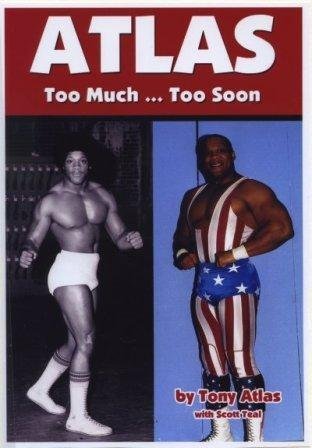Readers will feel like they are living Tony's life through his eyes as he tells about his free-spirited and self-destructive journey through life. His out-of-the-ring stories are as compelling as those that took place inside the ring. Tony tells about growing up in poverty, and recounts stories from his childhood: his dad encouraging him to fight for money as a child, being sent to a juvenile detention center, and being introduced to sex at the age of 16 by a 38-year-old woman. He describes his introduction to wrestling, his rapid rise to the top echelon of talent, the rampant and easily-available sex, money, and drugs, his fascination with "shoes," and the terrible toll his lifestyle took on his personal life.For the first time, Tony reveals the name of his worst enemy, and explains why he hopes that person is dead. Most revealing of all are his recollections of experiencing "racism" in wrestling ... from the most unexpected source of all.Tony tells about decisions he made which resulted in his downfall, and is brutally honest about his short-comings and the pain he suffered when he lost his job and everything he had worked for. In the telling of that story, he doesn't criticize others, but blames himself for the downward spiral of his career. He recalls the events which led up to him being homeless and living outdoors in 22-below-zero weather, and he acknowledges the person who saved him from near-death and helped him back on the road to self-sufficiency.Finally, Tony writes about getting another chance at fame when he returned to the spotlight in World Wrestling Entertainment as the manager of Mark Henry.This is the story of a man who had success handed to him-only to throw it all away-and the long, painful struggle he had to endure as he clawed his way back to the top.
No copies of this item are currently available.
